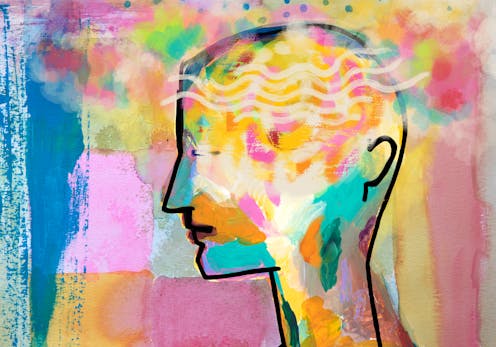
Everyone knows that music is therapeutic and can use music to achieve their desired mood. But, just like being able to administer first-aid does not make a person a doctor, being able to use music therapeutically does not necessarily make a person a Music Therapist.
Like all types of therapies, music therapy cannot begin until the patient has been assessed by the therapist. Music therapy assessment is similar in theory to the assessment done by any other medical practitioner: the therapist evaluates the patient, determines the patient’s needs, addresses the patient’s concerns about the therapy process, and then creates a therapy program tailored to that specific patient and their goals/needs.
But music therapy assessment also differs from medical assessment in many ways as well. Whereas, a medical doctor asks about the patient’s symptoms, decides on the cause and suggests a cure or treatment, the music therapist cannot quickly determine the needs of the patient based on a simple conversation. Many music therapists need more than just a few minutes with a patient; they require extended exposure to the patient in the form of conversation, observation and sometimes even analysis of the patient’s environment before they can accurately determine what type of treatment would work well for the specific individual.
Once the music therapist has determined the needs of the patient, they have to formulate a treatment plan. Music therapy assessment plays into this step, as the therapist uses what he or she observes and learns from the patient to adjust the treatment strategy accordingly. Music therapists often create completely unique treatment plans for each individual because each person is unique. They have specific, distinctive traits, symptoms, and needs that are different from others. Rarely will a music therapy assessment lead a music therapist to construct exactly the same treatment plan that they used before with another patient.
This is not to say, however, that a music therapy assessment and treatment plan will not lead the therapist to specific treatment tools. In fact, there are methods of treatment in music therapy – as there are in psychiatric therapy or any other therapy – that are used to treat certain illnesses. For example, a person with ASD (Autism Spectrum Disorder) can expect their therapist to use treatment methods that have been found to be successful with similar patients.
There are many different methods for each illness and the combinations of these treatment methods differ with each patient. The unique needs of every individual, paired with the sheer multitude of therapy methods available for each type of condition means that a qualified music therapist is needed to carry out proper assessment and formulate productive therapy plans.
Find out how Torongo Therapyplus can help you with your needs. Get in touch with us at smile@torongo.life, or call us on 02 8809 9965.





























